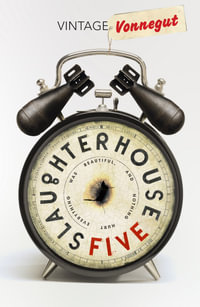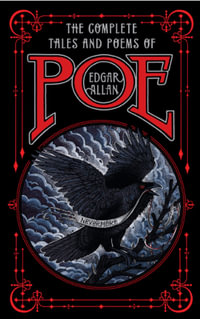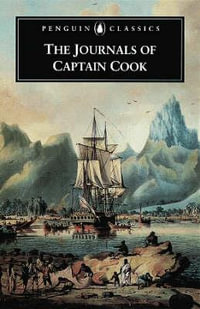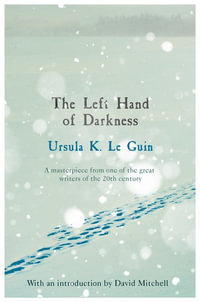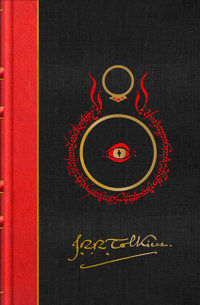Washington Square marks the culmination of James's apprentice period as a novelist. With sharply focused attention upon just four principal characters, James provides an acute analysis of middle-class manners and behaviour in the New York of the 1870s, a period of great change in the life of the city. This change is explored through the device of setting the novel's action during the 1840s, similarly a period of considerable turbulence as the United States experienced the onset of rapid commercial and industrial expansion. Through the relationships between Austin Sloper, a celebrated physician, his sister Lavinia Penniman, his daughter Catherine, and Catherine's suitor. Morris Townsend, James observes the contemporary scene as a site of competing styles and performances where authentic expression cannot be articulated or is subject to suppression. With an Introduction and Notes by Pat Righelato, University of Reading Daisy Miller is one of Henry James's most attractive heroines: she represents youth and frivolity. As a tourist in Italy, her American freedom and freshness of spirit come up against the corruption and hypocrisy of European manners. From its first publication, readers on both sides of the Atlantic have quarrelled about her, defending or attacking the liberties that Daisy takes and the conventions that she ignores. All three tales in this collection, Daisy Miller, An International Episode and Lady Barbarina, express James's most notable subject, 'the international theme', the encounters, romantic and cultural, between Americans and Europeans. His heroes and heroines approach each other on unfamiliar ground with new freedoms, yet find themselves unexpectedly hampered by old constraints. In An International Episode, an English lord visiting Newport, Rhode Island, falls in love with an American girl, but their relationship becomes more complicated when she travels to London. In the light-hearted comedy Lady Barbarina, a rich young American seeks an English aristocratic bride. The unusual outcomes of these three tales pose a number of social questions about marriage and the traditional roles of men and women. Is an international marriage symbolic of the highest cultural fusion of values or is it an old style raid and capture? Is marriage to remain the feminine destination? AUTHOR Henry James, O.M. (April 15, 1843(1843-04-15) ? February 28, 1916) was a U.S.-born British author. James is one of the key figures of 19th century literary realism. The son of theologian Henry James, Sr., brother of the philosopher and psychologist William James and diarist Alice James, he spent much of his life in England and became a British subject shortly before his death. He is primarily known for a series of major novels in which he portrayed the encounter of America with Europe. His plots centered on personal relationships, the proper exercise of power in such relationships, and other moral questions. His method of writing from the point of view of a character within a tale allowed him to explore the phenomena of consciousness and perception, and his style in later works has been compared to impressionist painting. James insisted that writers in Great Britain and America should be allowed the greatest freedom possible in presenting their view of the world, as French authors were. His imaginative use of point of view, interior monologue and unreliable narrators in his own novels and tales brought a new depth and interest to realistic fiction, and foreshadowed the modernist work of the twentieth century. An extraordinarily productive writer, in addition to his voluminous works of fiction he published articles and books of travel writing, biography, autobiography, and criticism, and wrote plays, some of which were performed during his lifetime with moderate success. His theatrical work is thought to have profoundly influenced his later novels and tales.



